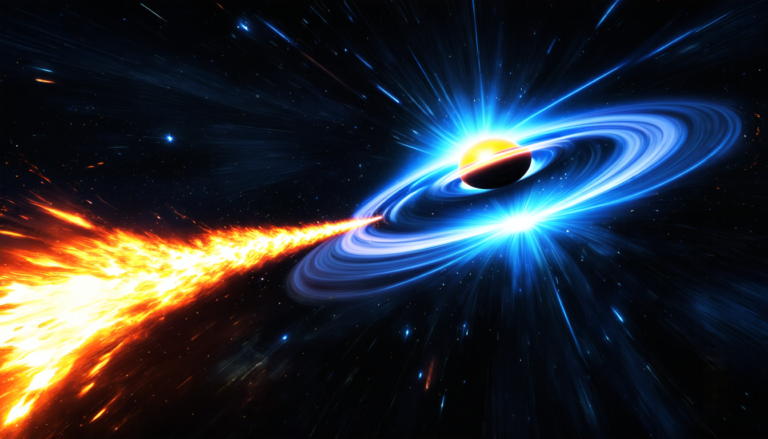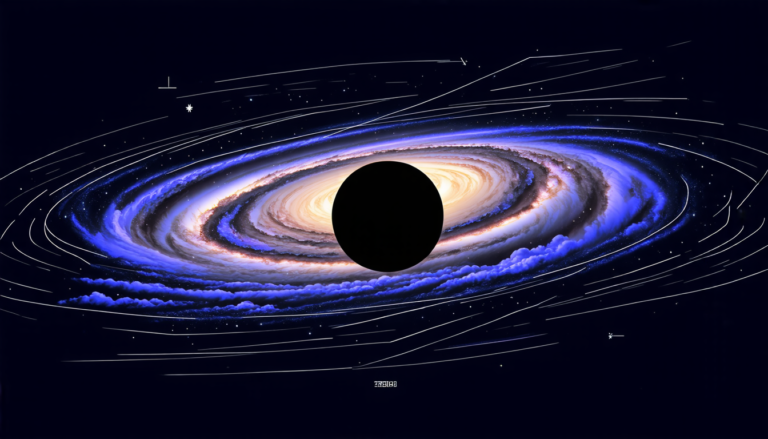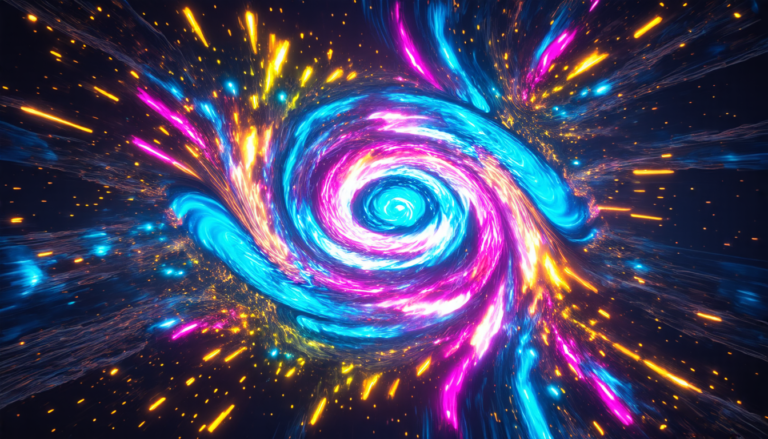Sunday 16 March 2025
The debate over the nature of reality has been ongoing for centuries, with philosophers and scientists alike grappling with the fundamental questions of existence. One of the most enduring and intriguing mysteries is that of the wave function in quantum mechanics.
For decades, physicists have struggled to understand the role of the wave function, a mathematical equation that describes the probability of finding a particle at a given point in space. Some view it as a mere statistical tool, while others see it as a fundamental aspect of reality itself.
A recent paper has shed new light on this conundrum, offering a fresh perspective on the nature of the wave function and its relationship to physical reality. The authors propose that the wave function is not just a mathematical construct, but rather a genuine property of the universe.
According to their theory, the wave function is a non-local beable – a concept that describes the underlying fabric of space and time. This idea challenges the traditional view of quantum mechanics, which sees particles as separate entities with well-defined positions and trajectories.
In this new framework, the wave function becomes the primary reality, with particles emerging from its complex patterns and probabilities. This perspective has significant implications for our understanding of the universe, suggesting that reality is fundamentally non-local and interconnected.
The authors’ theory also addresses a long-standing problem in quantum mechanics – the measurement problem. In traditional quantum mechanics, the act of measurement seems to instantaneously collapse the wave function, leaving particles with well-defined positions and trajectories. However, this process appears arbitrary and unphysical.
By positing that the wave function is a fundamental aspect of reality, the authors provide a new explanation for the measurement process. They suggest that the wave function collapses due to the interaction between particles and their environment, rather than any external agent or observer.
This theory has far-reaching implications for our understanding of quantum mechanics and its applications. It could potentially resolve long-standing puzzles in fields such as quantum computing and cryptography, where the behavior of particles is critical to their functioning.
While this new perspective on the wave function may seem abstract and theoretical, it holds significant potential for revolutionizing our understanding of the universe. By recognizing the wave function as a fundamental property of reality, scientists may be able to unlock new secrets about the nature of space and time itself.
As researchers continue to explore the mysteries of quantum mechanics, this theory offers a fresh and exciting avenue of inquiry. It challenges our assumptions about the nature of reality and invites us to reimagine the very fabric of existence.
Cite this article: “Unveiling the Wave Function: A New Perspective on Quantum Reality”, The Science Archive, 2025.
Quantum Mechanics, Wave Function, Non-Locality, Beable, Reality, Particles, Space, Time, Measurement Problem, Quantum Computing.







